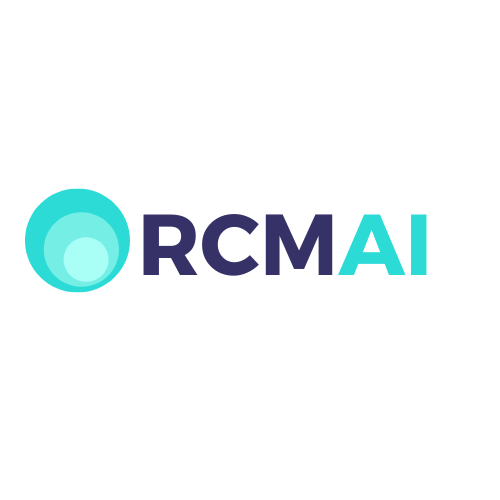Do you remember when we used to think of artificial intelligence as a far-off, sci-fi dream? Well, pinch yourself, because the future is now! AI is not only real, it’s making waves across various industries. And it’s not just the tech sector that’s getting all the AI fun. No, dear readers, it’s also making strides in healthcare – specifically, in medical billing and coding.

Medical Billing and Coding: A Quick Primer
Before diving into how AI is shaking things up, let’s ensure we’re all on the same page. So, what exactly is medical billing and coding? It’s the process of translating healthcare services into billing codes. It’s like the secret language of healthcare, where every disease, diagnosis, and medical procedure gets its unique code. Sounds simple enough, right? Well, not so fast!
The Challenges of Medical Billing and Coding
With thousands of codes and constant updates, it’s easy for human error to creep in. Misinterpretations and inaccuracies can lead to denied insurance claims, underbilling, overbilling, or even unintentional fraud. Yikes!
What’s more, the process is time-consuming and labor-intensive. Medical coders must sift through complex medical records and apply the correct codes. In an industry where time is literally life, this is a significant drawback.
AI to the Rescue!
Now, here’s where AI steps in. Imagine an AI system reading through a patient’s electronic health record, identifying the treatments administered, and assigning the correct medical codes. In a world where the chances of human error are significantly reduced, medical practitioners can focus more on patient care and less on administrative tasks. Well, welcome to that world!
AI systems are designed to learn patterns and apply rules much faster than the human brain. They can handle large volumes of data and make sense of it all in a fraction of the time it would take a person. We’re talking about reduced billing errors, faster processing times, and improved revenue cycle management.
The Benefits of AI in Medical Billing: A Deep Dive
Let’s dive a bit deeper into how AI can impact medical billing and coding:
- Improved Accuracy: With AI, the chances of human error in medical coding are significantly reduced. This means fewer denied or rejected claims, and improved revenue for healthcare providers.
- Increased Efficiency: AI can process and code medical records much faster than a human coder, freeing up valuable time for healthcare staff.
- Cost Savings: AI can lead to substantial cost savings in the long run by improving accuracy and efficiency.
- Regulatory Compliance: With constant updates in medical codes and healthcare regulations, keeping up can be tough. AI can easily stay abreast of these changes, ensuring compliance at all times.
The Future is Bright for Medical Billing and Coding
So, what does the future hold? Will AI completely replace human coders? Not likely. While AI can handle the grunt work, human oversight’s still needed. AI is a tool – a very powerful tool – but it can’t replicate the nuances of human judgment and experience.
Rather, we’re looking at a future where AI and humans work in harmony, with AI handling the bulk of the workload and humans overseeing the process. It’s a future where medical practitioners can focus on what they do best: saving lives and improving patient care.
The future of medical billing and coding is here, and it’s powered by AI. So, let’s embrace it and look forward to its many benefits to the healthcare industry. Exciting times, wouldn’t you agree?
Stay tuned to our blog for more on the latest trends and developments in AI and healthcare. Because, as we
all know, the only constant in technology and healthcare is change. And we’re here to help you navigate through this ever-evolving landscape.
Final Thoughts
In a world that’s increasingly driven by technology, embracing AI for medical billing and coding seems like the logical next step. The benefits are clear: improved accuracy, greater efficiency, cost savings, and ensured compliance. Of course, there are challenges, too, like the need for ongoing training and adaptation to new systems. But as we’ve seen time and again, the healthcare sector is more than capable of rising to these challenges.
So, let’s look to the future with optimism. A future where AI takes care of the nitty-gritty, leaving healthcare professionals free to do what they do best – care for patients. Because at the end of the day, that’s what it’s all about, right?
Thanks for reading! Let us know your thoughts in the comments below. We love hearing from you. Until next time, keep pushing the boundaries and exploring the possibilities. There’s a whole world of innovation out there, and we can’t wait to see where it takes us next!



